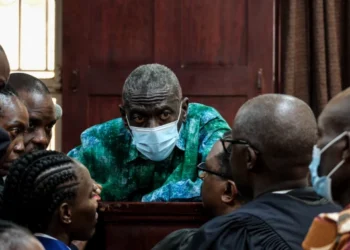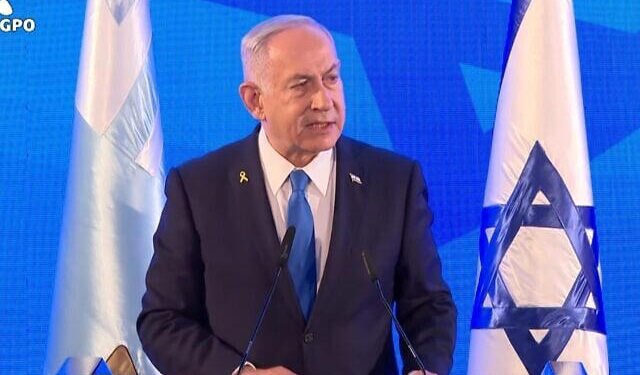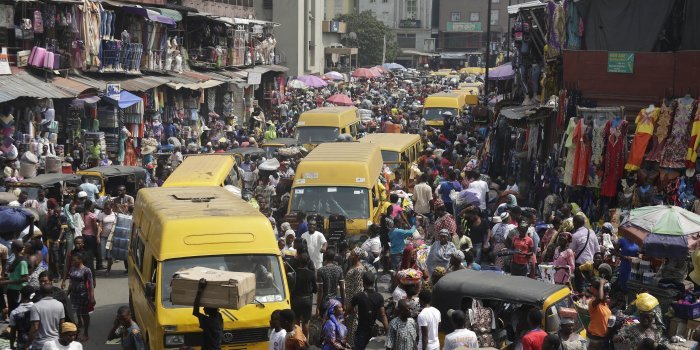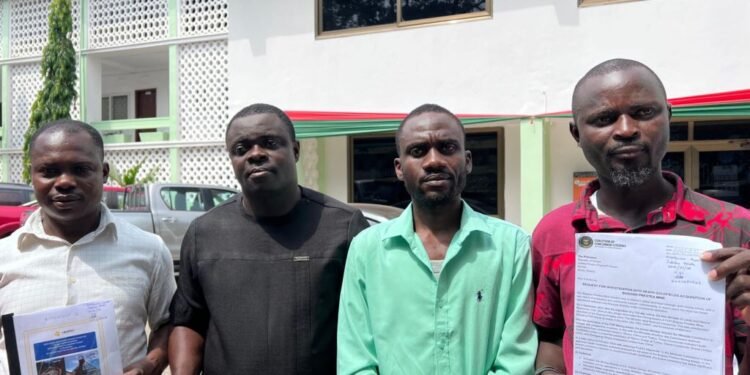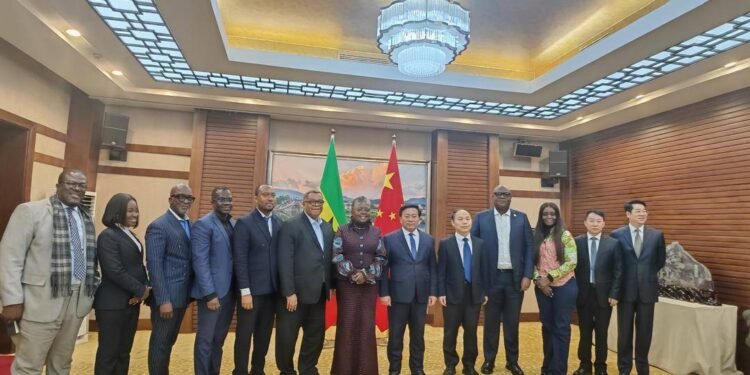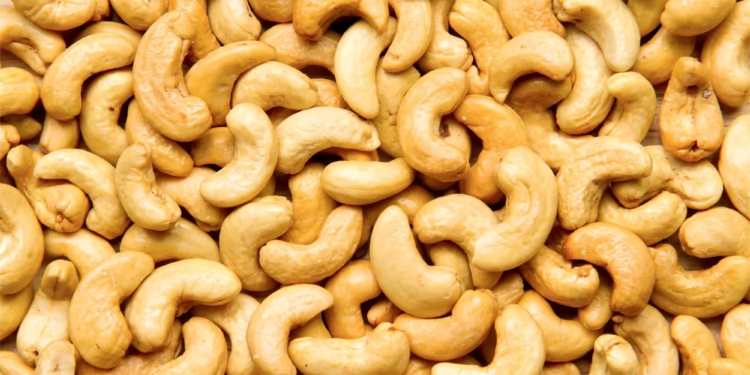Bola Tinubu, the President of Nigeria has discussed that, his decision to eliminate the well-liked gasoline subsidy, though would add to the burden on the populace, it would free up funds for healthcare, regular electricity supply, transportation development, and education.
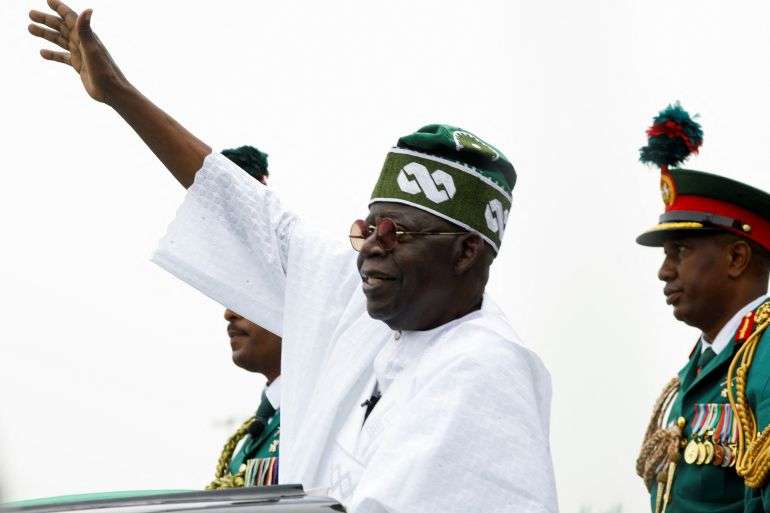
“I admit that the decision will impose extra burden on the masses of our people. I feel your pain,” Tinubu remarked in a broadcast to commemorate Democracy Day.
Last year, the federal government spent $10 billion on fuel subsidy, which increased the country’s budget shortfalls and public debt, as it has kept fuel prices low in the Africa’s largest economy for years.
Nigeria’s petrol prices have almost tripled, upsetting Labour Unions and driving up transportation expenses. Due to the irregular grid supply, it has also affected small companies, and the millions of people that rely on gasoline generators.
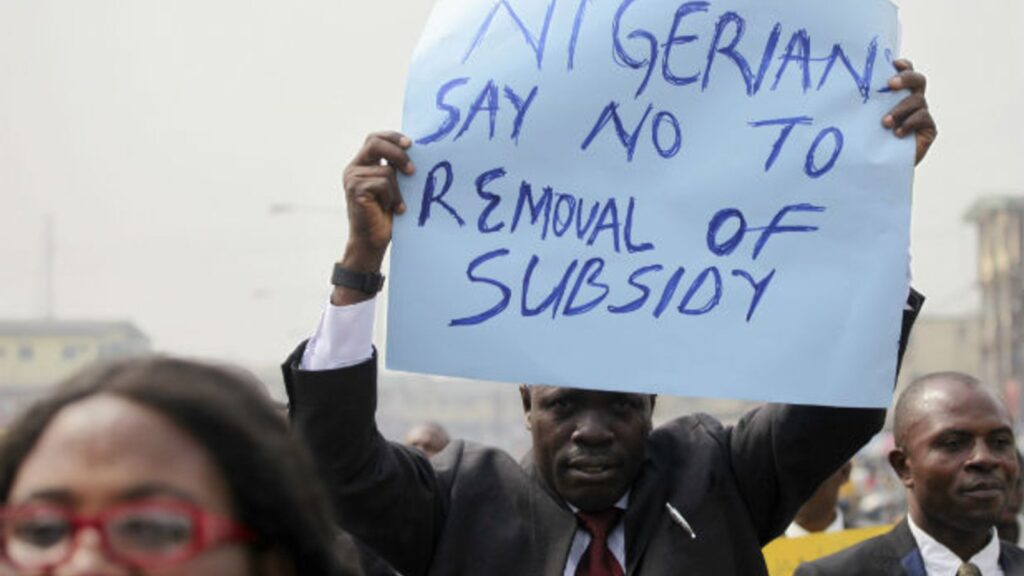
This is his first statement to the public following his announcement of the termination of the gasoline subsidy on the May 29. The decision to “save our country from going under,” should be made by Nigerians, the president declared.
“The government I lead will repay you through massive investment in transportation infrastructure, education, regular power supply, healthcare and other public utilities that will improve the quality of lives.”
Bola Tinubu, President of Nigeria.
On the other hand, in order to mitigate the impact of rising global crude prices in the 1970s, the Nigerian government instituted an oil subsidy. In 1977, the military administration of Olusegun Obasanjo formalized the subsidy, by passing the Price Control Act, which set prices for goods like fuel.
Among the most important measures Tinubu pledged to implement during the presidential election campaign, was the elimination of the fuel subsidy.

Moreover, when then-President Goodluck Jonathan proposed the withdrawal of subsidies in January 2012, the word “subsidy” quickly spread across the country. Fuel prices rose from 65 naira ($0.14) to 140 naira ($0.30) per litre, sparking #OccupyNigeria rallies, that lasted for weeks.
The elimination of subsidies this time, have enraged labour groups, but following discussions with the administration, they have halted an indefinite strike. Among their numerous requests, the unions want the monthly minimum wage to be increased by more than six times from the current level of 30,000 naira (approximately $65).
According to rating agencies Fitch and Moody’s, Tinubu’s intentions to unify the country’s several exchange rates and willingness to take on the fuel subsidies are good for the economy.
Nigeria’s Eurobond Surges After Central Bank Chief Suspension
On the other hand, foreign investors rejoiced over the Central Bank governor Godwin Emefiele’s suspension late last week, after he supervised many exchange rates that failed to maintain the naira strength. The governor’s suspension led to a big increase in Nigeria’s sovereign dollar-denominated bonds.

Also, the price of the West African oil producer’s eurobonds increased on Monday by as much as 2.6 cents in the dollar before easing somewhat. Many of the issues reached their best values since late January.
The 2049 maturity rose 2.353 cents to 80.231 at 07:46 GMT, per Tradeweb data, representing the largest increases among longer-dated maturities. Due to severe dollar shortages, many Nigerians have been turning to the black market, where the naira sells for far less than the country’s authorized exchange rate.
“We believe the changes signal a new era of focused, predictable monetary policy and a shift towards non-interventionism in the foreign-exchange regime,” Barclays economist Michael Kafe commented on the suspension of the Central Bank president.
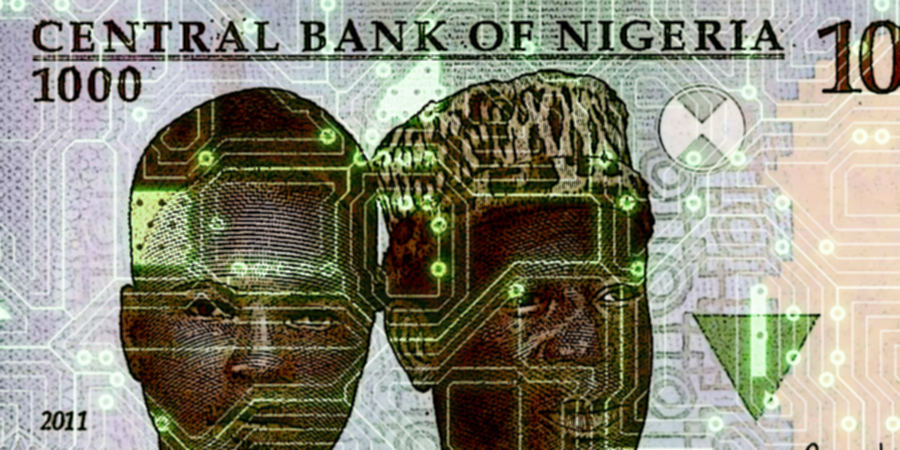
At his swearing-in two weeks ago, President Bola Tinubu had criticized Emefiele’s management of the naira and monetary policy. President Tinubu, who pledged to restart Nigeria’s faltering economy, also pledged to eliminate the fuel premium, and strengthen the country’s exchange rates.
The hurry with which the President has started to address the nation’s economic problems, such as the quick withdrawal of the fuel subsidy, implies that he is eager to undertake all the challenging reforms at the beginning of his term, according to Kafe.

The CBN Deputy Governor named Folashodun Shonubi has been given temporary leadership of the Central Bank. Police announced on Saturday that the suspended governor is now in jail and being looked into.




